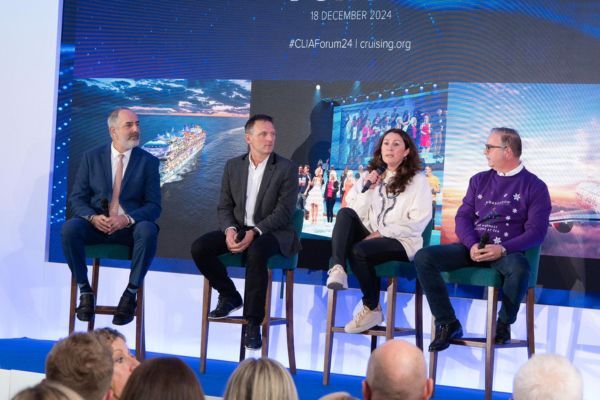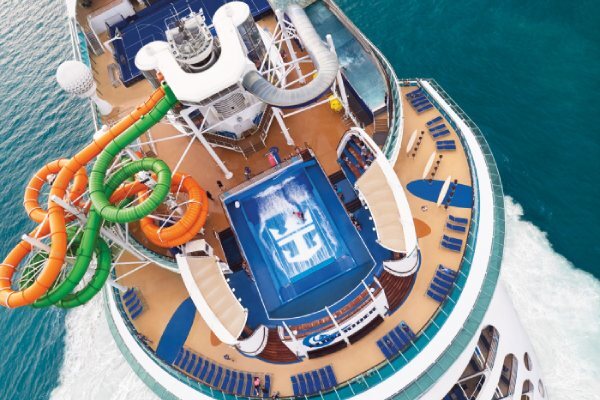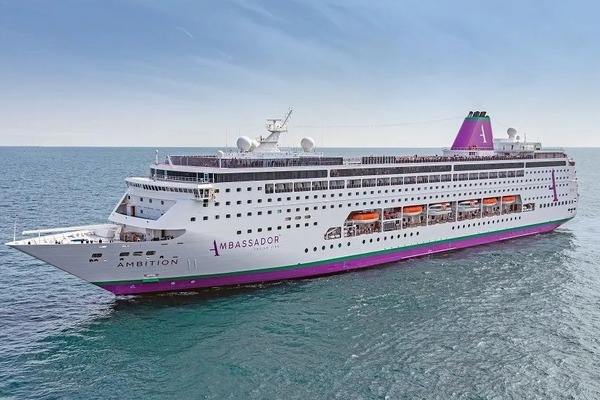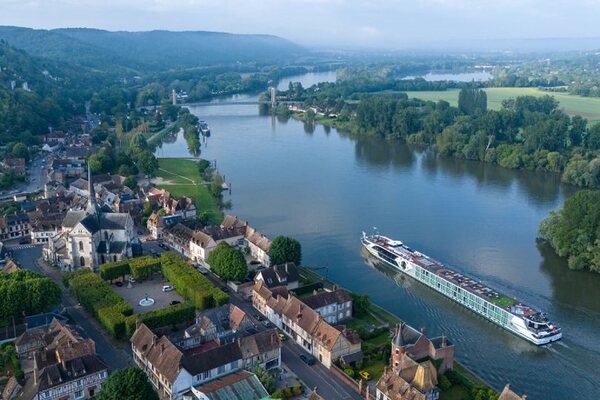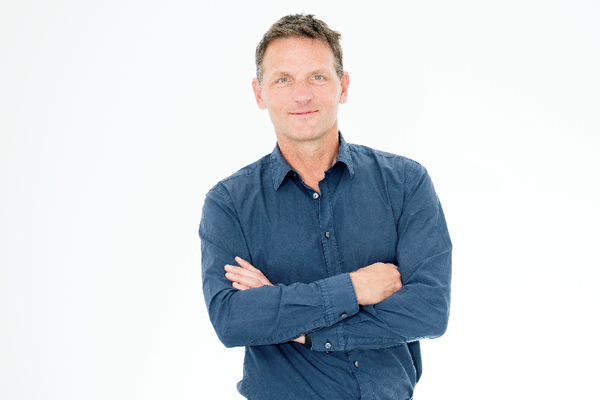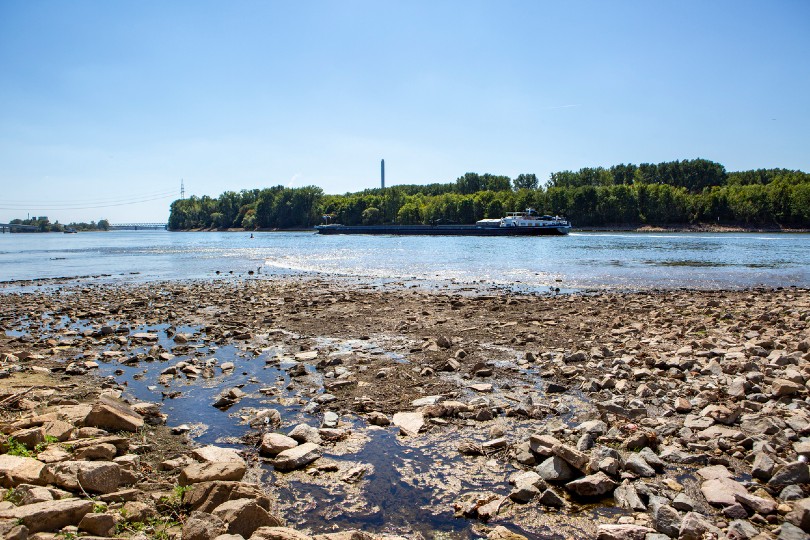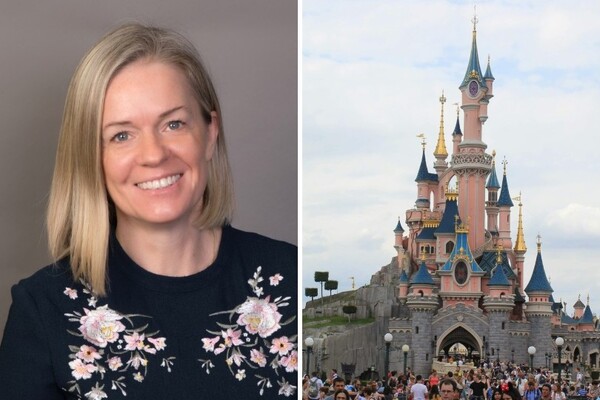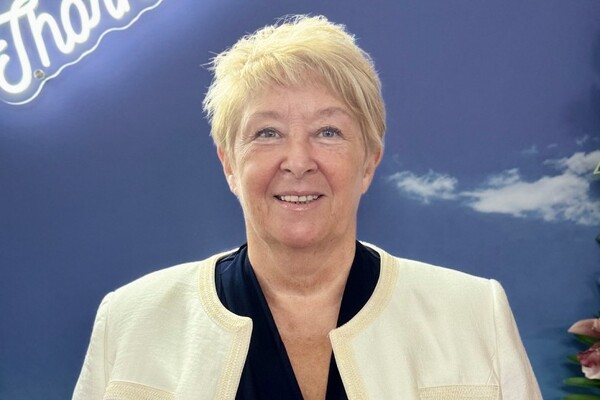10 things to remember when selling cruise this year
The cruise industry gathered in Windsor for the Clia Forum this week to reflect on another successful – and potentially record-breaking – year.
As ever, there was plenty to talk about, from package pricing to new ships and deployments, not to mention the small matter of consumer confidence as people tighten their belts.
All of this is set against a backdrop of new vessels coming to market and the increasingly challenging capacity demands lines must meet to maintain their positive outlook.
What was perhaps most evident, though, was the continued – and growing – importance of agents to the sector’s success in the UK and Ireland, particularly with wave season approaching and lines’ business mix shifting towards the trade.
So here are TTG’s top 10 takeaways from the Clia Forum we think agents need to know about in 2025.
Sales chiefs vow to keep supporting agents
During the opening keynote address, Antonio Paradiso (pictured), vice-president of international sales for MSC Group’s cruise division, hailed the efforts of travel agents, telling delegates: “73% of cruise travellers say travel advisors have a meaningful impact on their decisions [when booking a cruise].
"This is a further testament to how important the trade is to our business. We’ll continue to rely and invest in agents and make sure that we keep pushing cruising.”
He added: “It is very likely 2024 will be another record-breaking year for the UK and Ireland sector. As always, this has been a team effort.”
Ruth Venn, P&O Cruises sales director, also gave agents her backing. "We’re seeing really good demand through travel agents," she said. "We’ll continue to invest in that space. We want to make sure we’re giving agents everything that they need."
'Long-haul has not come back as much as it could'
Royal Caribbean International’s EMEA vice-president Gerard Nolan (pictured) said that while Royal Caribbean Group’s share price is at the highest level it’s ever been, he has some concerns about where the firm’s long-haul fly-cruise business is at.
"There are still headways,” he noted. “Generally, we’re seeing strong demand, but we’ve not seen the return of the Caribbean to pre-pandemic levels. Long-haul has not come back quite as much as it could do.”
Asked why Royal’s Caribbean programme isn’t performing, Nolan said: “I think it’s a blend. It’s the convenience for passengers of staying a little bit closer to home, and there’s a bit of a trust thing with long-haul travel which people may not want."
Out with Indy, in with Liberty
Nolan was also asked why Liberty of the Seas (pictured) will be based in Southampton in 2026, meaning Independence of the Seas – or "Indy" as it affectionately known – will operate ex-UK cruises for just one summer season.
"Each year, we do a full review of the 28 ships, soon to be 29 with Star of the Seas, and their deployment,” he explained. “Indy is a firm favourite. Liberty is the same class of ship as Indy so there’s no real reason why it won’t perform. When we look at the forward trends, there’s nothing that jumps out.”
He added: “We look at where we put all the ships collectively and then we look at dry docks that need to be factored in. It’s a jigsaw that we work through."
Sector struggling to showcase 'true value' of cruise holidays
Ambassador Cruise Line (pictured) chief executive Christian Verhounig said the US cruise market’s pandemic recovery was “far ahead” of the UK’s 12 months ago. He explained the UK cruise sector still struggles to showcase the true value of a cruise holiday. This, he argued, is problem the land-based package holiday sector doesn’t have.
"Ambassador had to stimulate the market with deals,” said Verhounig, before adding: “The cruise industry is still not strong enough to explain to travel agents and customers the value we offer. The package holiday industry has been able to raise prices much quicker than us.”
Explaining the reason for the post-pandemic package holiday boom, Verhounig said: “I think it’s because of the price increase on the aviation side. Airlines have limited capacities and cruise lines don’t have the same limited capacities."
Wave demand vital, but why not make waves year-round?
With wave season just around the corner, the traditional peak sales period of the year was a hot topic both on and off stage. Venn told TTG how new-to-cruise passengers tend to book their first sailing around the turn-of-the-year.
Meanwhile, Venn's colleague Rob Scott, vice-president sales, marketing and brand at P&O Cruises, explained: “There’s demand in the market during wave, but it’s all about how you convert it.”
Scott added the line’s current partnerships with brands such as Bafta (pictured) also presented additional peak sales periods at other times each year.
Earlier this year, Paul Ludlow, president of Carnival UK and P&O Cruises, revealed “four times as many guests” made a P&O Cruises booking the Monday after the Baftas compared with the Monday prior to the glitzy event in London.
Agents key to making market inroads
Steve Spivak, Tauck’s vice-president of global sales and reservations, said the river line (pictured) and escorted touring specialist was starting to see its UK business return to pre-pandemic levels.
“We needed to shore up our core US business first – once we did that it was all about rebuilding," he said. “We do not have the same longevity here in the UK, so it takes us a bit longer. Our business here is entirely reliant on travel advisors here.”
Ambassador chief hints at third ship
Verhounig (pictured) hinted Ambassador could soon add a third ship to its fleet. “We’re here to grow," he said.
"We’re finishing the year with over 90% occupancy levels. We’re filling our war chest with bounty. We’re working on something.”
The no-fly UK cruise line currently operates two ships – Ambience and Ambition – from various ports around the UK.
Agents eating into Celebrity's direct-sell business
Giles Hawke (pictured), Celebrity Cruises’ vice-president and managing director UK, Ireland and EMEA, said: “Our business is growing significantly. This year, next year, and the year after from this market.”
But he added trade distribution is growing, saying: “Our direct business has been reducing a tiny bit because agents and travel partners are taking a bigger share of our business. We’re channel agnostic.
"We’ve got some amazing sellers, who are out there day in, day out working with travel partners. We’re quietly confident about 2025.”
Line's mixed ex-UK sales outlook
Fred Olsen Cruise Lines, like Ambassador, is another brand that offers ex-UK cruises from regional ports.
But Samantha Stimpson (pictured), the line’s chief executive, admitted “there could be changes” to future ex-UK programmes following poor sales for its cruises from Dover and Portsmouth this year. “It’s not been fantastic from Portsmouth, and the same can be said for Dover," she said. "We’ve not really got to the bottom of it.”
However, she added: “We’ve been significantly stronger out of Southampton and all of our northern ports. It’s something that we’re working through.”
Consumer confidence ebbing and flowing with media coverage
Tauck's Spivak said negative media coverage around water levels is “one of the biggest obstacles” facing river lines. “Every river line has done an incredible amount of work in case of this eventuality,” he explained.
“I don’t think water levels are any more of an issue because of climate change. We’ve had no more instances in the past. This year, we had a couple of instances on the Rhine (pictured). People are beginning to fear the impact a bit more. I would say 1% of all river cruises are affected by high or low water levels.”
Sign up for weekday travel news and analysis straight to your inbox

Harry Kemble
Supplier Directory
Find contacts for 260+ travel suppliers. Type name, company or destination.
